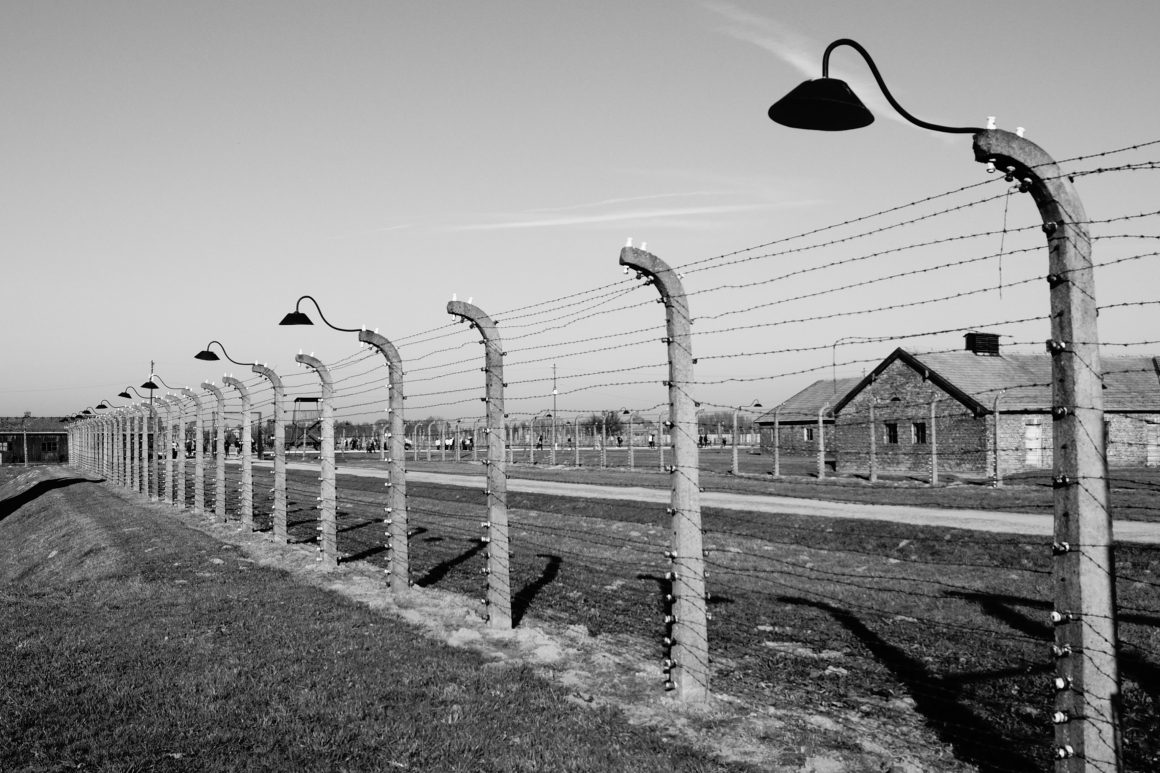
Last Lecture Series: Genocide: Understanding the Crime of Crimes
By Eula Mengullo, March 9 2021—
The Leadership and Student Engagement (LSE) at the University of Calgary hosted another event in the Last Lecture Series where professors deliver a lecture on any topic they choose, if they had only one lecture left in their careers.
In a written response to the Gauntlet, the LSE office explained that the concept is an adaptation of a book called The Last Lecture by Randy Pausch.
“The Last Lecture series has been ongoing since 2010. In the book, Pausch detailed everything he wanted his children to know after he was diagnosed with a terminal illness. Last Lecture, currently under the UCalgaryStrong initiative, allows UCalgary instructors to talk about topics important to them that they might not otherwise mention in their daily work,” they said. “It allows for an informal way to bridge the gap between students and instructors that helps them connect on a human level.”
Feb. 10th’s lecture was delivered by Dr. Maureen Hiebert, a genocide scholar who studies the causes, constructions and processes of genocide carried out by elite political actors. In her lecture, Hiebert compiled a number of frequently asked questions regarding her area of research, where she shared her insights and her expertise. She defines genocide as an intent to destroy a particular group of people, either in whole or in part, through a variety of methods — physical, biological or cultural.
Hiebert also clarified differing misconceptions surrounding the concept. For instance, she discussed that individuals typically label perpetrators as ‘crazy’ or ‘irrational,’ but according to research, this is not the case. She determined that the occurrence of national crises such as losing a war and facing an economic depression can create a permissive environment for mass genocides to take place. She calls these factors a “set of triggers,” that consequently leads to the scapegoating.
Hiebert discussed ways to prevent and stop genocides. She emphasized the signatory states’ obligations to the United Nations Genocide Convention and urged them to live up to what they collectively agreed upon. This means that individually or collectively, states can utilise appropriate agency within the UN system to put a halt on atrocities once they have already occured. However, she also addressed impediments to genocide prevention, such as the absence of a supranational entity to enforce treaty obligations on respective states.
Additionally, Hiebert cautioned us to be aware of the rise of extremist views that pit other people against each other.
“This kind of behaviour is dangerous,” she warned. “It’s a threat to our democracy and does enormous damage to the groups of individuals who are receiving extremist hatred and other kinds of exclusionary practices.”
With regards to genocide denial, Hiebert stressed the importance of challenging denialists and bearing witness for the victims.
“Genocides and other atrocities have to be remembered. This is how we bear witness — even if we weren’t there ourselves — to something that is horrible and in some cases, led to the actual destruction of groups in whole or in part,” she said. “The victims are not here to defend themselves and say that what happened to them did, in fact, happen.”
The next Last Lecture will take place on March 10 with Dr. Joshua Goldstein from the department of Political Science — stay tuned for more details on their website. Students are also encouraged to send feedback, topics or professor suggestions to ucstrong@ucalgary.ca.
